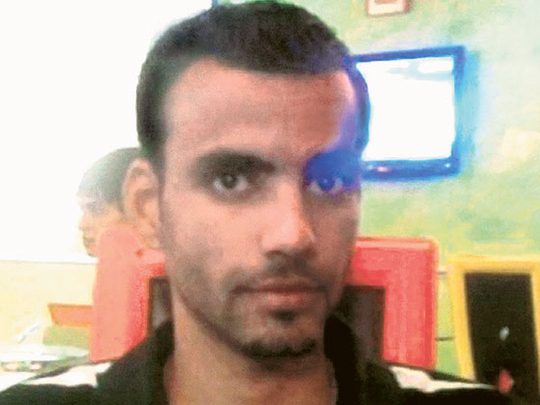
Manama: On December 17, Mohammad Bu Azizi, a fruit seller, sharply disagreed over the fees for a licence to sell fruit and vegetables at a market in Sidi Bouzid. Reports about a slap and curses were never substantiated or denied.
However, everybody agreed that following the altercation, Bu Azizi went to complain to the authorities, but when nobody was willing to listen to his grievance, he bought petrol and set himself alight. His act of despair gave courage to his family and clan — the feelings are still strong in the area — as well as to other people in Sidi Bouzid to complain publicly and air their grievances, despite the strong police stance on not disturbing public order.
Five days later, Hussain, 22, electrocuted himself during a demonstration over unemployment in Sidi Bouzid. "No to misery, no to unemployment," were reportedly his last words.
The police, as expected, reacted with violence, leading more people to brush aside years of frustration and organise rallies to denounce police brutality and repression by the regime.
Social networking
With more deaths and violent reactions, the protests quickly spread to other regions in the centre and south of Tunisia, turning into a strong movement for justice for the thousands of unemployed graduates and for those who had been deprived of their assets by the greedy and unscrupulous relatives of the then president Zine Al Abidine Bin Ali, and especially, his wife Laila Trabelsi.
By December 25, Sfax, the economic capital, became a hotbed for crucial demonstrations and protests, and on December 27, Sousse, hitherto a firm supporter of the president, witnessed its first demonstration. In Tunis, hundreds of people started the first moves that would culminate in the collapse of the regime.
Among the Tunisians, and their supporters, popular networking sites, especially Facebook, enabled the crucial sharing of information.
Speeches by Bin Ali in which he appeared uncertain, incoherent and troubled confirmed the weakness of the political establishment, prompting more people to join the swelling wave of protests inexorably moving towards the capital. In the meantime, a clearly shaken Bin Ali tried to save himself and his cohort by receiving Bu Azizi's mother and sister and promising them financial assistance and later by visiting Bu Azizi at the Bin Arous Burns Unit where he was being treated.
But for the people of Tunisia, who had just shaken off 23 years of deep fear, the pledge and the visit only confirmed their understanding that the regime was becoming helpless. They exerted further pressure by organising huge rallies in front of the interior ministry.
Too little, too late
In a last-ditch attempt to remain at the helm of the country, Bin Ali vowed in a televised speech in Tunisian dialect, his first and last since he assumed power in 1987, not to seek re-election in 2014, to introduce more freedom and to institute widespread reforms. The nation thought it was a case of too little, too late, and vowed more pressure.
Bin Ali fled to Saudi Arabia on January 14. The announcement of his departure on Tunisian TV sparked scenes of jubilation.
However, the elation and triumph were dampened when prime minister Mohammad Ghannouchi appeared on TV to say he had taken over as interim president according to Article 56 of the Constitution.
The new government, a mixture of new faces and the old guard, failed to win the approval of the increasingly sceptical nation, and several of its members pulled out.As confusion threatened to sink the country and the government faced strong street pressure and formidable challenges, Ghannouchi resigned on February 27, ceding the top position to Al Baji Qaid Al Sibsi.
On October 28, the Moderate Islamist Party Al Nahda was declared the biggest winner in the parliamentary elections pledging a tolerant and inclusive government. On Tuesday, Tunisia's opposition veteran Munsif Al Marzouqi was sworn in as the country's first elected president.












